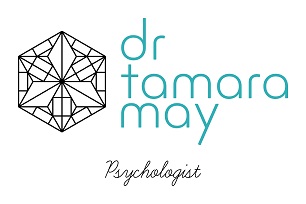Over the last 20 or so years there has been an increasing awareness of milder presentations of autism. Prior to this, only those with severe challenges, such as those with co-occurring intellectual disability, were usually identified. This means that there is likely a ‘missing generation’ of autistic adults who were never identified in childhood. If your childhood was in the 80s or 90s or earlier, you may have been very unlikely to be identified as autistic if you didn’t have co-occurring differences. There was also much less awareness of autism back then by teachers, clinicians and the general public.
Many adults are now seeking an adult autism assessment. Sometimes they have their own children who have been recently diagnosed with autism. They usually have normal to high IQs and have learnt ways to compensate for some of their differences. They may frequently experience challenges with anxiety, depression, stress, overwhelm, and burnout from trying to fit into a neurotypical world.
An adult autism diagnosis can help individuals understand why they have had lifelong challenges and differences that have been difficult to explain, and why they might show a pattern of doing well in some areas but finding other areas of life challenging. Beyond understanding, adults can learn strategies to help them manage at times when they feel overwhelmed, and learn ways to modify the environment around them so they can function optimally and prevent overwhelm.
Adult autism assessments can be challenging as childhood information needs to be recalled and it may be many years past. Ideally parents are interviewed so they can report on the person’s childhood development. Adult autism assessment instruments are arguably less valid and reliable than childhood assessment tools as they are newer and are less well researched. As such clinician’s require experience in a broad range of adult mental health conditions. There are many alternative diagnoses to explore which can look similar to autism. These include obsessive compulsive presentations, social anxiety, personality disorders, attention deficit hyperactivity disorder, trauma and schizophrenia spectrum disorders to name a few. I have recently published an article in Good Autism Practice on this topic: Diagnosis of autism in older women.
Listen to Tamara on the ABC Radio National Health Report (10th Feb 2024): Getting an autism diagnosis as an adult
Read Tamara’s latest article in The Conversation: Autism is still underdiagnosed in girls and women
